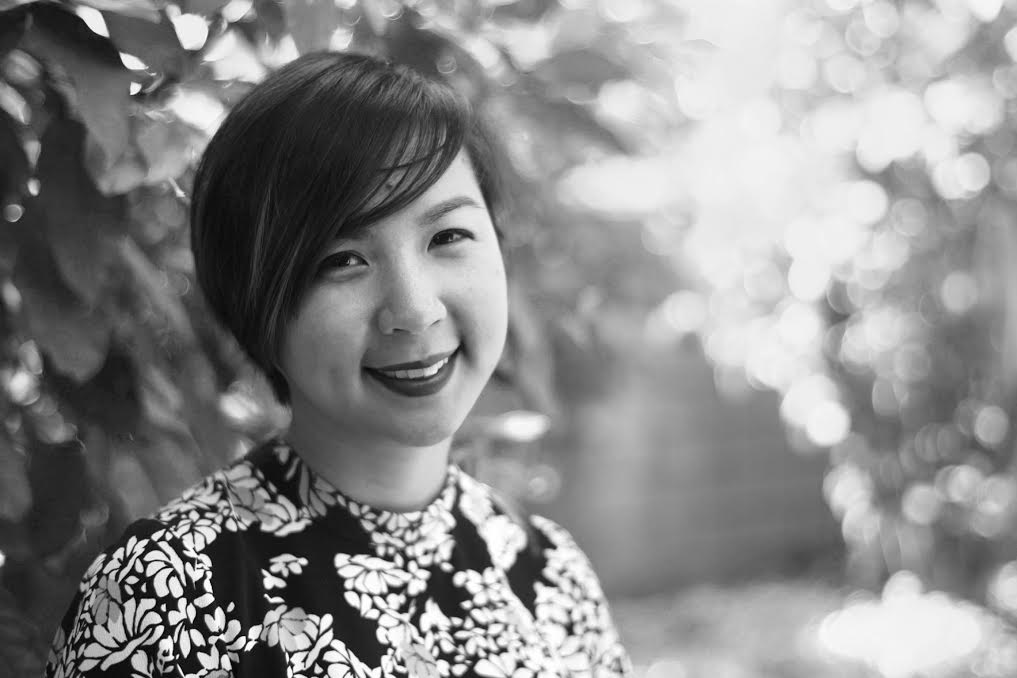Becoming Ghost
I stand behind a one-way mirror. My father sits in a room interrogating himself. Bright bulb shining like the idea of a daughter. — It looked just like the real thing. The helicopters, the fields, the smoke which rose in colors, the bullets blank, but too real. Coppola yells Action and we drag slowly across the back of the screen, miniature prisoners of war to Robert Duvall’s broad, naked chest. What you’ll never see written into the credits are our names. — Ghost of a daughter: specter, spectator, from a future we can only dream of. We never dreamt that one day, you’d be my age and too bitter to talk to me. I who gave every peso to your mother, who sewed coins into the linings of my pockets, so that you could eat enough food and grow taller than either one of us. I am asking you to look me in the face and say Father. I am asking you to see me. — Morning yawns and today, my father has deleted a daughter, today, he’s blessed with two sons who take after his fire and quicksilver. Today he may be haunted by the grip of a friend who died in his arms, but not the scent of a baby girl he held 37 years ago. Women, he says, and spits out a phlegm- colored ghost. There is plasm, he says, and shrugs–– and then, there is ectoplasm. What is a father who has two sons? Happy, he replies with a toothpick pressed between his thumb and forefinger. Happy, he says, looking into the mirror and seeing no reflection.
Credit
Copyright © 2018 by Cathy Linh Che. Originally published in Poem-a-Day on September 10, 2018, by the Academy of American Poets.
About this Poem
“Immediately after the end of the Vietnam War, my parents escaped on a boat and lived in a refugee camp in the Philippines for eleven months. During that time, my parents were hired as extras in Francis Ford Coppola's Vietnam War film, Apocalypse Now. I had been interviewing my parents about that experience, visiting the site of their refugee camp, as well as the places where the movie was filmed, when my father and I had a falling out and stopped speaking for a number of years. During that time, I was wondering who we were to one another and what lives we imagined the other person living.”
—Cathy Linh Che
Date Published
09/10/2018

